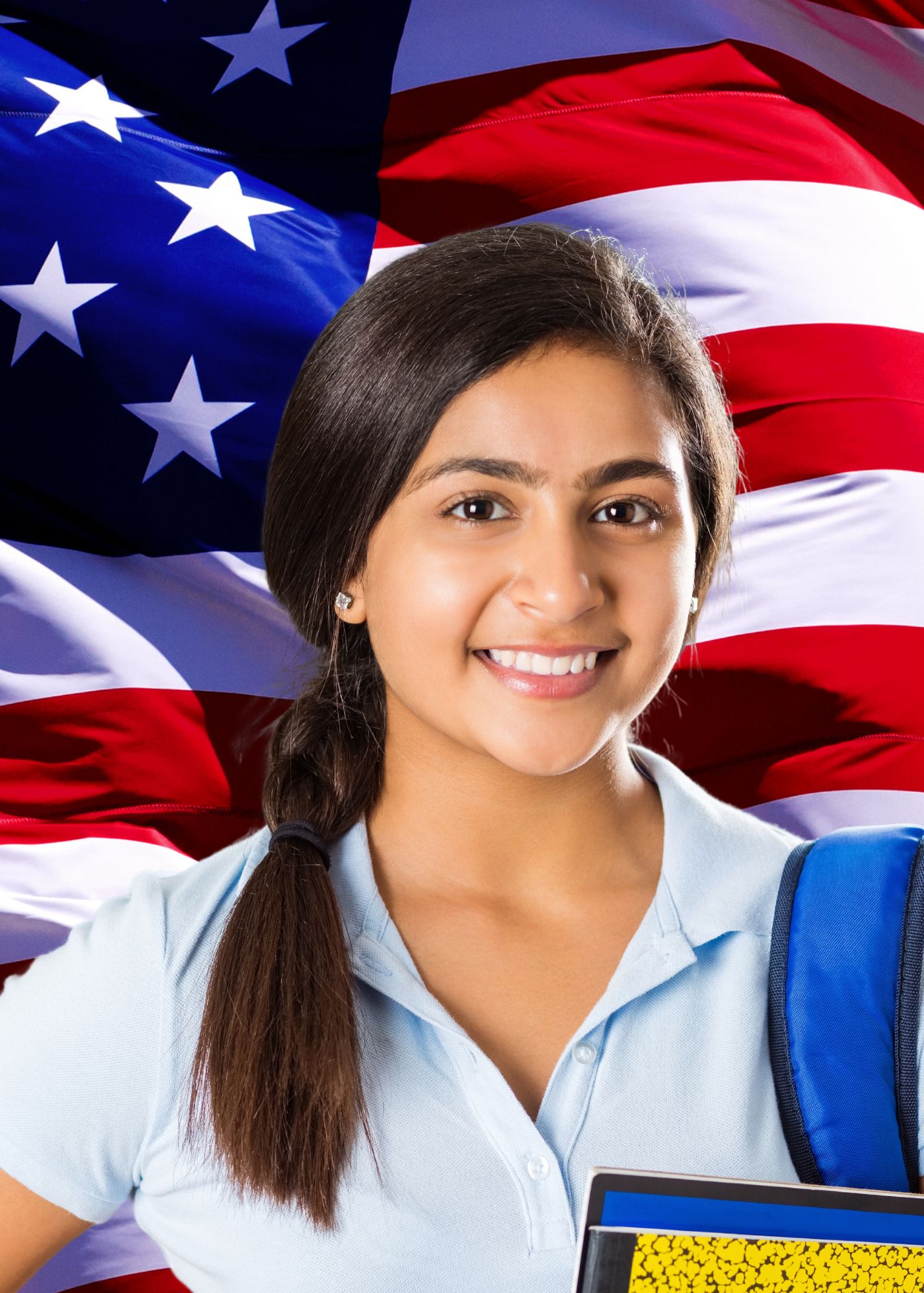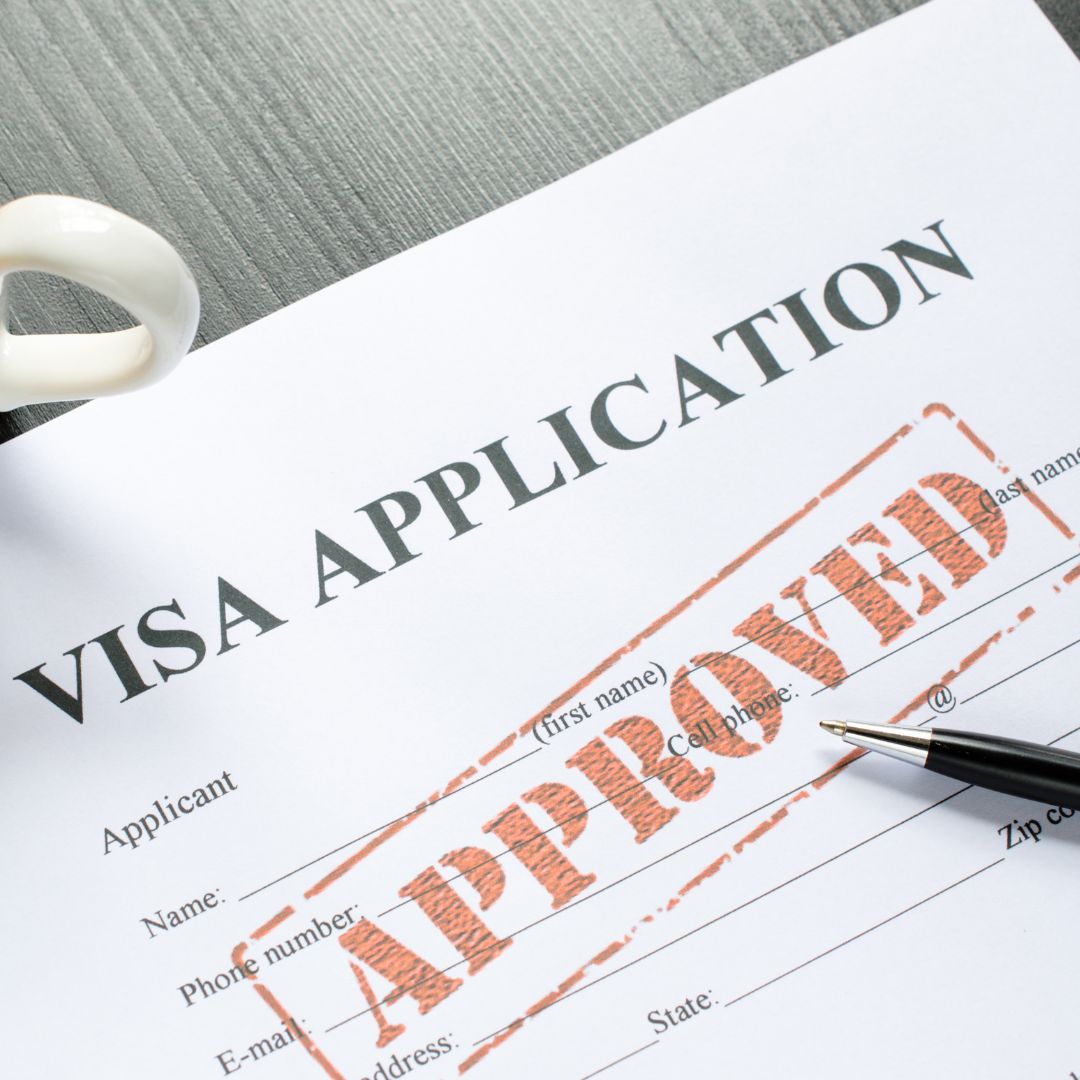Study in the USA
- Global Edwise
- Study in the USA





00
+ Years of Experience

Education System in the USA
The USA is a global leader in higher education, known for its diverse, innovative, and flexible education system. Whether you aim to pursue undergraduate, graduate, or doctoral studies, the U.S. offers unparalleled opportunities for academic and personal growth.
Key Features of the U.S. Education System
-
-
2. Focus on Research and Innovation
-
3. Practical and Experiential Learning
-
4. Global Perspective
-
5. Flexibility in Learning
Admission Procedure
Steps to Get Admitted:
- Choose Your Program and University:
Research programs that align with your interests and career goals. Consider factors such as location, faculty, facilities, and campus culture. - Standardized Tests:
- Undergraduate: SAT or ACT.
- Graduate: GRE, GMAT, LSAT, or MCAT (depending on the program).
- English Proficiency: TOEFL or IELTS for non-native speakers.
- Prepare Your Application:
- Academic Records: Strong transcripts from previous education levels.
- Personal Statement/Essay: Highlight your aspirations, achievements, and why you are a good fit for the program.
- Letters of Recommendation: From professors or professionals who can vouch for your skills and character.
- Submit Applications:
Apply online through university portals or centralized systems like the Common Application. Ensure you meet all deadlines. - Attend Interviews (if required):
Some programs may conduct interviews to assess your suitability. - Admission Decisions: Wait for acceptance letters and evaluate your options based on offers received
How Global Edwise Helps
Our Services:
- Personalized University Selection:
We assess your academic background, career goals, and preferences to recommend the best-fit universities. - Test Preparation Guidance:
Assistance with preparing for standardized tests like SAT, GRE, GMAT, and TOEFL/IELTS, including tips, resources, and practice tests. - Application Assistance:
- Craft compelling personal statements.
- Review and perfect application documents.
- Ensure all deadlines are met.
- Visa Application Support:
- Help you gather necessary documents.
- Guide you through the visa interview process.
- Scholarship Assistance:
Explore funding options, including merit-based scholarships, grants, and assistantships. - Pre-Departure Planning:
From travel arrangements to accommodation and cultural acclimatization, we help you settle confidently in the U.S.
FAQs for USA
Q1. What are the requirements for a student visa (F-1 Visa)?
To secure a U.S. student visa, you need: A valid passport. An acceptance letter from a SEVP-approved university (I-20 form). Payment of SEVIS and visa application fees. Proof of sufficient funds to cover tuition and living expenses. Evidence of strong ties to your home country to ensure your return after studies.
Q2. How do I find scholarships for U.S. universities?
Scholarships can significantly reduce your financial burden. Here’s how you can find them: University Scholarships: Most U.S. universities offer merit-based and need-based scholarships. Government Programs: Look into options like Fulbright Scholarships. Private Organizations: Many non-profits and corporations sponsor international students. Global Edwise Support: We help identify suitable scholarships and assist with applications and essays.
Q3. What are the living costs in the USA?
Living expenses vary by location. On average, you may spend $10,000–$18,000 annually, covering accommodation, food, transportation, and personal expenses.
Q4. Can I work while studying in the USA?
Yes, international students on F-1 visas can work part-time on-campus during the academic year (up to 20 hours per week) and full-time during breaks.
Q5. How long can I stay in the U.S. after completing my studies?
You can stay for up to 60 days after your program ends. Graduates in STEM fields may be eligible for a 24-month OPT extension.
Q6. Can I bring my family with me?
Yes, spouses and children of F-1 visa holders can apply for an F-2 visa, though they are not permitted to work.
Q7. What if my visa is rejected?
In case of a visa denial, Global Edwise helps you identify the reasons, strengthen your application, and reapply.

